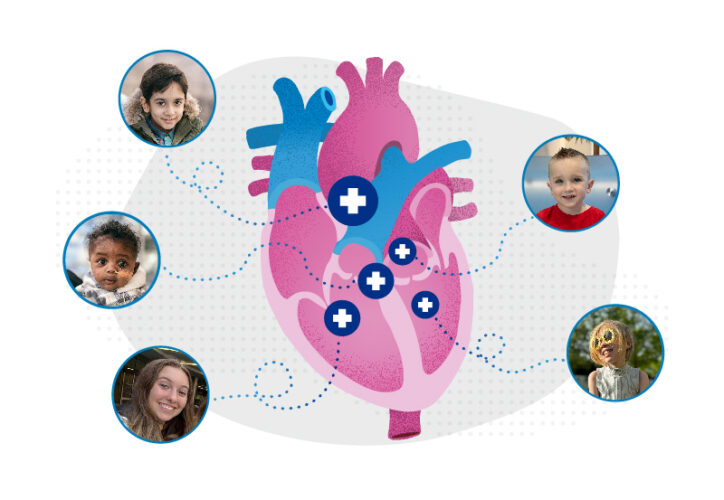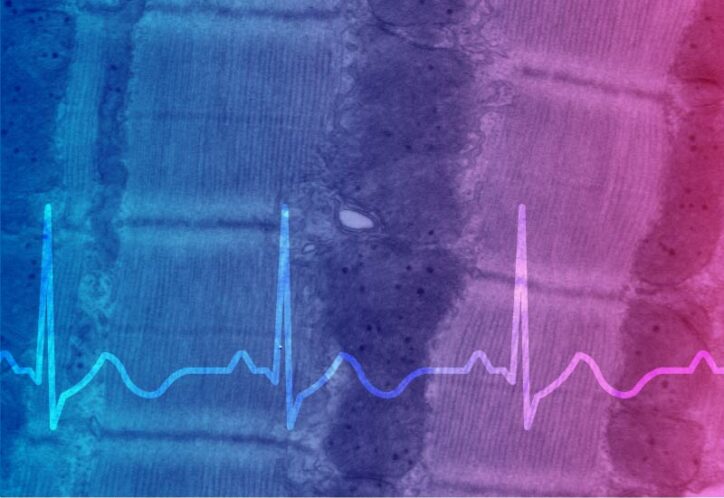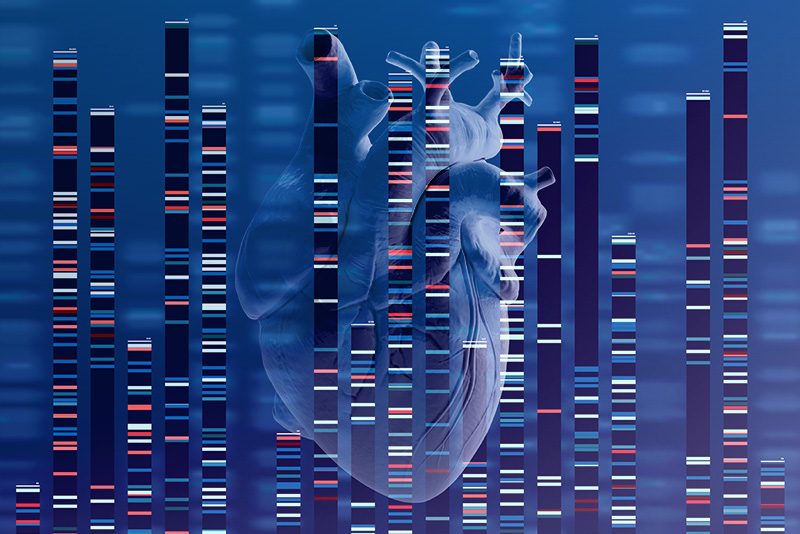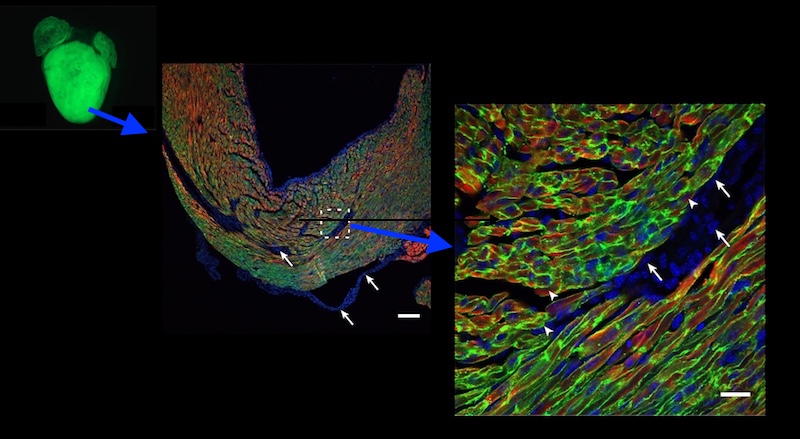Archive for cardiomyopathy
Every heart has a story. See how we care for them all.
It’s easy to think of the heart as a common denominator — everyone has one — but no two hearts are alike. Every heart is different. Every heart has a story. For many children and adults, that story includes coming to Boston Children’s for specialized heart care. Some were born with complex congenital heart defects, while ... Read More about Every heart has a story. See how we care for them all.
Kiersten finds new purpose after care for life-threatening cardiomyopathy
Being just three miles away from her cardiac care team at Boston Children’s makes all the difference in the world to New Jersey native Kiersten Rock-Torcivia as she starts her sophomore year at Boston College. She is now closer to the specialists who help her manage a rare and life-threatening cardiomyopathy. Kiersten initially believed she ... Read More about Kiersten finds new purpose after care for life-threatening cardiomyopathy
Mending injured hearts: Lessons from newborns?
When the heart is injured, as in a myocardial infarction, the damaged heart muscle cannot regenerate — instead, scar tissue forms. Cardiomyocytes, the heart muscle cells that generate contractile force, are lost for good. Yet, in mouse models, the hearts of newborns regenerate readily after injury. How are newborn hearts able to recover? What are ... Read More about Mending injured hearts: Lessons from newborns?
Getting to the heart of heart muscle function
Every heart muscle cell, or cardiomyocyte, is studded with tiny, intricate structures called dyads. The dyads are like orchestra conductors: They coordinate incoming electrical signals with release of calcium in the muscle, triggering contraction. When dyads work properly, the different segments of heart muscle contract in unison; when they don’t, heartbeats may be too weak ... Read More about Getting to the heart of heart muscle function
Coordinated care and research for genetic cardiovascular disorders
Genetic cardiovascular disease in children sometimes comes to light in a crisis — a sudden collapse, sudden breathing difficulty, a sudden death in the family. Or it may be part of a diverse collection of symptoms, mostly having nothing to do with the heart. Sometimes it is picked up incidentally. “From an incidental ECG finding ... Read More about Coordinated care and research for genetic cardiovascular disorders
Gene therapy reverses heart failure in mouse model of Barth syndrome
Barth syndrome is a rare metabolic disease caused by mutation of a gene called tafazzin or TAZ. It can cause life-threatening heart failure and also weakens the skeletal muscles, undercuts the immune response, and impairs overall growth. Because Barth syndrome is X-linked, it almost always occurs in boys. There is no cure or specific treatment. ... Read More about Gene therapy reverses heart failure in mouse model of Barth syndrome
Tagged: cardiac research, cardiomyopathy, gene therapy, heart, heart center, rare disease
‘Heart on a chip’ suggests a surprising treatment for a rare genetic disease
It was the variability that intrigued pediatric cardiologist William Pu, MD, about his patient with heart failure. The boy suffered from a rare genetic mitochondrial disorder called Barth syndrome. While he ultimately needed a heart transplant, his heart function seemed to vary day-to-day, consistent with reports in the medical literature. “Often patients present in infancy with severe ... Read More about ‘Heart on a chip’ suggests a surprising treatment for a rare genetic disease
Tagged: cardiomyopathy, heart, organoids, orphan diseases, rare disease, stem cells
Is rapamycin the new aspirin?
I’ve heard it said that if aspirin had to go through today’s FDA approval process, it would never be approved for over-the-counter use because it just does so many things. Lately, it’s been hard to cover biomedical research at Children’s without stumbling on another drug that’s also FDA-approved and also seems to have multiple uses: ... Read More about Is rapamycin the new aspirin?









